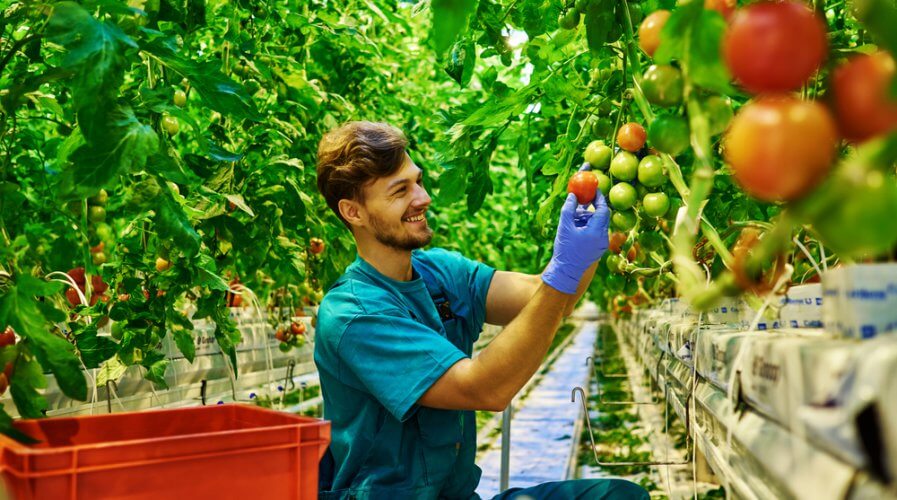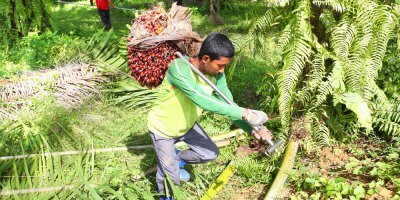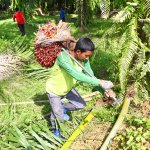
Here’s why farmers need more technology. Source: Shutterstock
Can technology help digitize the agricultural value chain?
TECHNOLOGY can help everyone in the agriculture business.
Over the past decade or so, technology has been used to make life better for farmers, providing them with information about weather and fertilizers.
However, in recent times, players in the agriculture industry are trialing new-age technology solutions such as the internet of things (IoT), artificial intelligence (AI), and even 5G — to make production, transport, and sales easier and more efficient.
According to experts, technology can make a big impact on farmers, especially as the demand for food increases and the need to clamp down on costs to ensure vital essentials are accessible to all grows in importance.
Challenges such as lack of education and best practices in agriculture, poor access to financial services and bank accounts, and even the absence of weather, soil, and farming analytics can all be tackled easily using new-age technologies.
IoT and 5G, for example, can help government bodies provide better support to farmers, capturing data and providing advice and support to not just one particular farm but to all farms in the region.
Mobile payments and digital-only banks can help bring more farmers out of the unbanked community, which is something that is essential when it comes to bridging the gap between farms and consumers.
The good news, honestly, is that regulators and farmers both see the benefits of using technology.
In China’s Shunyi district in Beijing, for example, a greenhouse strawberry producer is trialing an IoT-based solution in partnership with China Mobile and a local equipment producer.
As a result of the trial, the IoT-equipped greenhouses in the Shunyi district increased production by more than 100 percent compared to the traditional strawberry greenhouse; cumulative production for the season reached 75,000 kg per hectare compared to 33,750 kg per hectare.
In New Zealand, the Ministry of Business, Innovation, and Employment (MBIE) is collaborating with the New Zealand IoT Alliance to deploy the world’s first IoT farming tech trial in the country.
The pilot will help farmers see IoT in a new light — as the technology for precision agriculture. It will also showcase the techniques to deploy and monitor data when IoT has been rolled out at the farm.
In fact, experts in New Zealand believe that the new technology can help farmers in the country who are worried about the (negative) impact that their farm is having on the environment.
Overall, more and more benefits will accrue to farmers and businesses if the technology is used in agriculture. It’s time to accelerate the agricultural industry’s journey to digital.
READ MORE
- Strategies for Democratizing GenAI
- The criticality of endpoint management in cybersecurity and operations
- Ethical AI: The renewed importance of safeguarding data and customer privacy in Generative AI applications
- How Japan balances AI-driven opportunities with cybersecurity needs
- Deploying SASE: Benchmarking your approach


